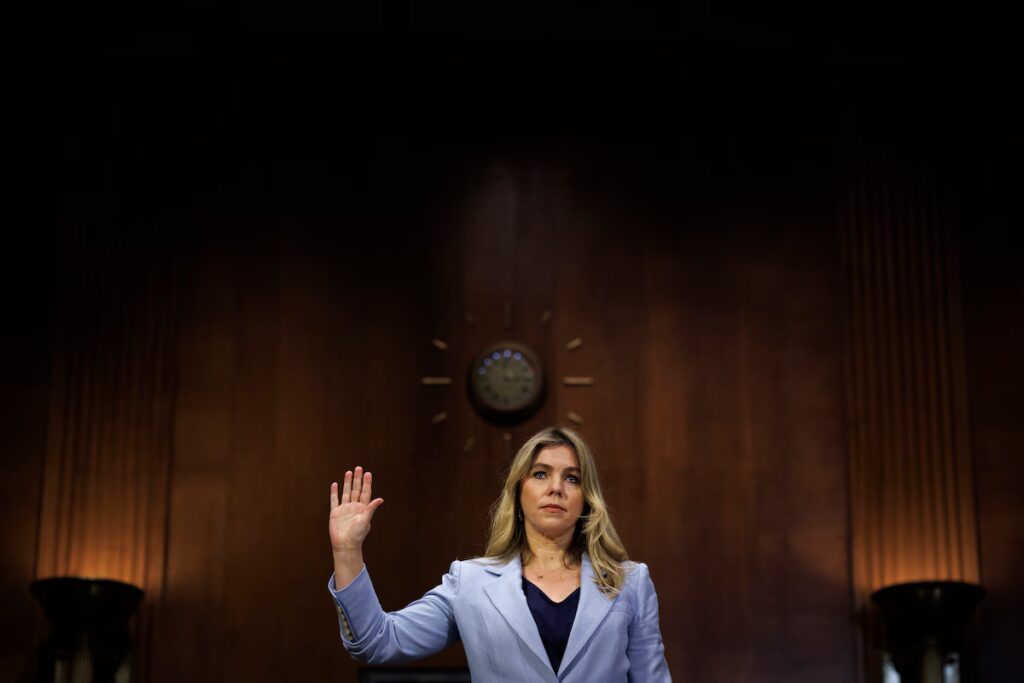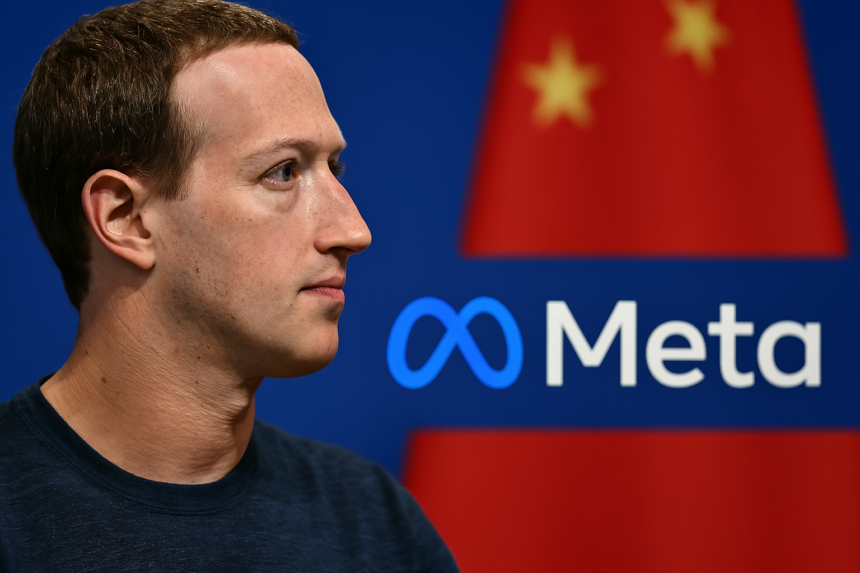Meta has been one of the most powerful tech companies worldwide, but recent developments show that its business practices face increasing scrutiny. A former executive claimed that Meta shared sensitive U.S. artificial intelligence (AI) data with China, which could have endangered U.S. national security. Additionally, the company is grappling with a major lawsuit in Ethiopia, where it’s accused of allowing its platform to spread violence during the country’s civil conflict. These lawsuits and accusations from a whistleblower could have far-reaching consequences for Meta’s operations in the U.S. and abroad.
What’s Happening & Why This Matters
Whistleblower Claims: Meta and China
The drama unfolded when Sarah Wynn-Williams, a former Meta executive, testified before the U.S. Senate, alleging that the company had engaged in questionable activities with the Chinese government. Wynn-Williams, who served as Meta’s director of global public policy from 2011 to 2017, accused the company’s leadership of lying to employees, shareholders, and the public about their dealings with China. She claims that Meta executives worked secretly to expand its business in China, which was valued at $18 billion. This was allegedly done at the expense of U.S. national security.
Wynn-Williams detailed how Meta ignored warnings that creating a “physical pipeline” between the U.S. and China would give the Chinese government unauthorized access to U.S. user data. Fortunately, she testified that these plans were only halted when lawmakers stepped in. Despite these claims, Meta rejected Wynn-Williams’ testimony, calling it “divorced from reality” and dismissing the accusations as false. The company emphasized that while its CEO, Mark Zuckerberg, had previously expressed interest in operating in China, Meta no longer operates in the country.

Meta Faces Lawsuit in Ethiopia Over Violence and Hate Speech
Meta’s challenges don’t stop with national security concerns. The company is also facing a $2.4 billion lawsuit in Ethiopia. The lawsuit accuses Meta of exacerbating violence in the country during the civil conflict in Tigray by allowing hate speech and calls for violence to spread unchecked on Facebook. Two Ethiopian nationals brought the case forward, and it demands that Meta change its algorithm to prevent the spread of harmful content. The plaintiffs argue that Meta must also increase its moderation efforts in Africa to ensure user safety.
The legal battle centers on two key claims. One plaintiff is the son of a professor who was murdered after his address was posted on Facebook. The other plaintiff, Fisseha Tekle, a former researcher at Amnesty International, claims he received death threats on the platform for documenting atrocities during the Tigray conflict. The lawsuit is also seeking a $2.4 billion restitution fund to compensate victims of violence and hate.

Meta has argued that the courts in Kenya, where the company’s Ethiopia-based moderators are located, do not have jurisdiction over the case. However, the Kenyan High Court ruled that the lawsuit could proceed, and the matter is now headed for trial. The case brings attention to Meta’s struggles in content moderation, particularly in regions experiencing unrest and violence. Despite its claims of investing in safety measures, Meta’s response has been questioned, especially after a 2022 investigation found that the company was aware of its platform’s role in amplifying tensions in Ethiopia.
Defense and Outlook
In both cases—national security concerns with China and its role in the Ethiopian conflict—Meta has consistently maintained that it is working to address the issues. The company stated that it had implemented measures to curb the spread of hate speech and misinformation in Ethiopia, though critics argue these measures fall short. Moreover, the company has continued to moderate content globally, even as it has faced scrutiny over its practices.
However, the legal battles and whistleblower claims underscore a critical juncture for Meta. The company faces growing pressure from governments and advocacy groups to be more transparent and accountable for its role in global conflicts and national security. Meta’s future could hinge on how it navigates these mounting legal and ethical challenges and its ability to restore trust with users and lawmakers.
TF Summary: What’s Next
Meta’s struggles are far from over. The whistleblower’s testimony and the ongoing lawsuit in Ethiopia indicate that the company is at a crossroads. This presents as a critical moment for Meta: reassess global strategies, especially regarding operations in sensitive regions (e.g., China, Taiwan, Sudan, and Ethiopia). As the legal cases play out, Meta must clarify its positioning in content moderation and user security while proactively addressing concerns from regulators and human rights advocates.
As Meta works to defend itself in court and manage its international relationships, the company is weighing the long-term implications of these cases. The outcome of these legal challenges could affect its reputation, business operations, and ability to expand internationally.
— Text-to-Speech (TTS) provided by gspeech


